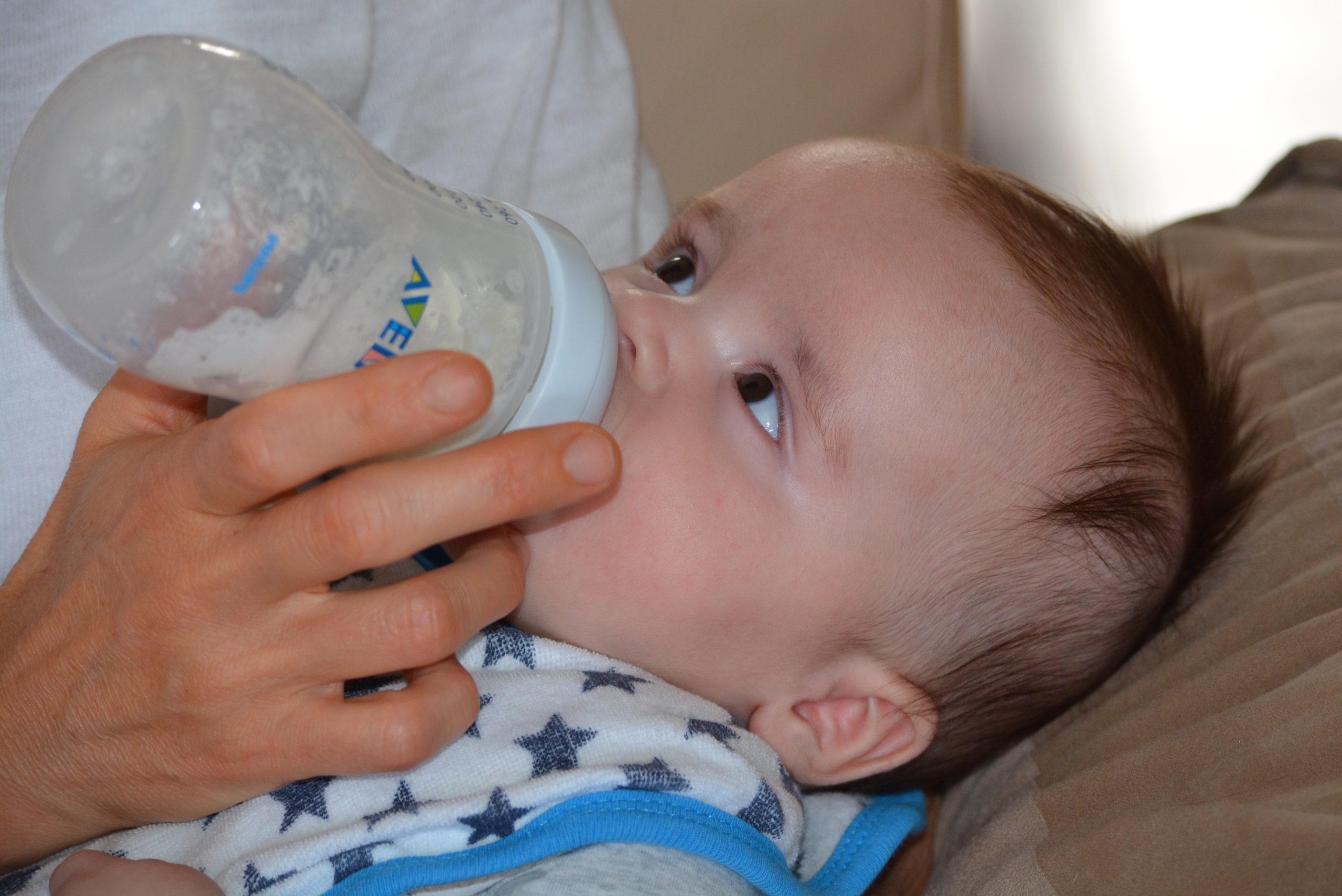 Source: bing.com
Source: bing.comAs a new parent, you’re probably wondering when to expect your baby to develop a feeding routine. The truth is that every baby is different, and there’s no one-size-fits-all answer to this question. Some babies develop a feeding routine early on, while others take a little longer to establish a regular pattern. In this article, we’ll take a closer look at when babies typically develop a feeding routine and what you can do to help your little one establish healthy eating habits.
Table of Contents
What Is a Feeding Routine?
A feeding routine is a regular pattern of feeding that babies establish over time. This can include the frequency of feedings, the amount of milk or formula consumed at each feeding, and the time of day that feedings occur. Some babies naturally develop a feeding routine early on, while others take a little longer to find their rhythm. As parents, it’s important to be patient and flexible as your baby’s feeding habits develop.
When Do Babies Start Establishing a Feeding Routine?
Newborns have tiny stomachs and need to feed frequently, usually every 2-3 hours. As your baby grows, they will start to consume more milk or formula at each feeding and gradually extend the time between feedings. By around 2-3 months old, most babies have established a feeding routine that includes 4-6 feedings per day.
While some babies develop a feeding routine earlier, others may take longer to establish a regular pattern. This is normal and nothing to be concerned about. Some babies may also experience growth spurts that disrupt their feeding routine, causing them to want to eat more frequently for a few days before settling back into their regular pattern. Again, this is normal and nothing to worry about.
How Can You Help Your Baby Develop a Healthy Feeding Routine?
As a parent, there are several things you can do to help your baby establish a healthy feeding routine:
- Feed your baby on demand during the first few weeks of life, as they need to eat frequently to grow and develop.
- Offer your baby a consistent amount of milk or formula at each feeding to help them learn how much they need to feel full.
- Try to establish a predictable feeding schedule, with feedings occurring at roughly the same time each day.
- Pay attention to your baby’s hunger and fullness cues, such as sucking on their hands or turning away from the bottle, and respond accordingly.
- Be patient and flexible as your baby’s feeding routine develops, knowing that it may take time to establish a regular pattern.
When Should You Be Concerned About Your Baby’s Feeding Routine?
While it’s normal for babies to take some time to establish a feeding routine, there are a few signs that may indicate a problem:
- If your baby consistently refuses to eat or seems disinterested in feeding, this may be a sign of a feeding issue that requires medical attention.
- If your baby consistently eats too much or too little, this may be a sign of a feeding issue that requires medical attention.
- If your baby consistently wakes up hungry during the night, this may be a sign that they are not getting enough to eat during the day.
- If your baby consistently spits up or vomits after feedings, this may be a sign of a digestive issue that requires medical attention.
If you notice any of these signs, it’s important to consult with your pediatrician to rule out any underlying medical issues.
Conclusion
In conclusion, every baby is different, and there’s no one-size-fits-all answer to when babies develop a feeding routine. However, most babies establish a regular pattern of 4-6 feedings per day by around 2-3 months old. As a parent, you can help your baby develop a healthy feeding routine by feeding on demand, offering a consistent amount of milk or formula at each feeding, establishing a predictable feeding schedule, and paying attention to your baby’s hunger and fullness cues. Remember to be patient and flexible, and don’t hesitate to consult with your pediatrician if you have any concerns about your baby’s feeding habits.
Frequently Asked Questions (FAQ)
- Q: When should I start establishing a feeding routine for my baby?
- A: It’s best to wait until your baby is a few weeks old before trying to establish a feeding routine, as they need to eat frequently to grow and develop.
- Q: How many feedings per day should my baby have?
- A: Most babies have 4-6 feedings per day by around 2-3 months old, but every baby is different.
- Q: What should I do if my baby isn’t interested in feeding?
- A: If your baby consistently refuses to eat or seems disinterested in feeding, this may be a sign of a feeding issue that requires medical attention.
- Q: Is it normal for my baby to eat more during growth spurts?
- A: Yes, it is normal for babies to want to eat more frequently during growth spurts.
- Q: How can I tell if my baby is getting enough to eat?
- A: Pay attention to your baby’s weight gain, wet and dirty diapers, and general behavior. If you have concerns, consult with your pediatrician.
